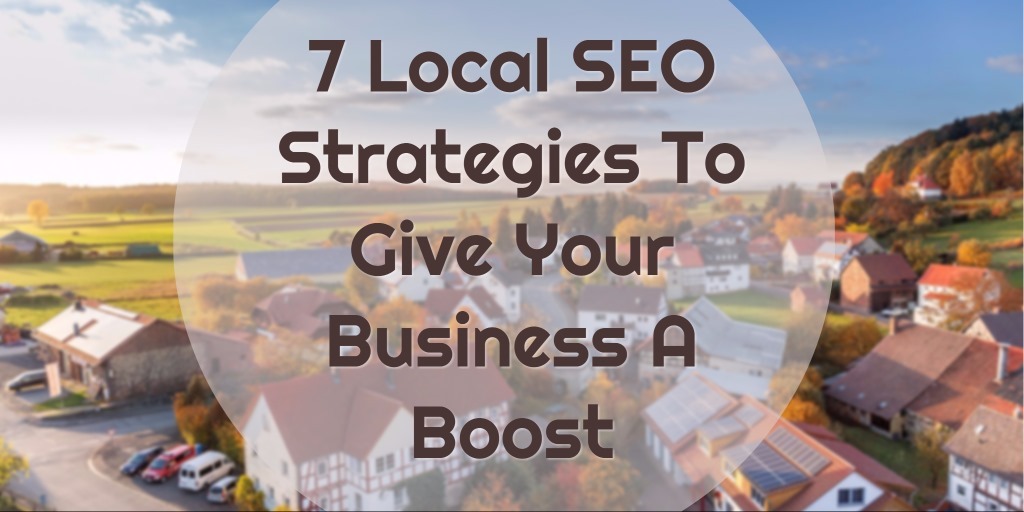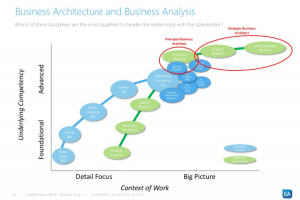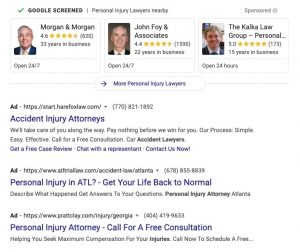
Some critics have been braying about the death of SEO for some time now but the industry is still around and going strong. Brands and agencies are expected to spend more than $79 billion by 2020 in search optimization and marketing. Local businesses, in particular, should consider how best to invest more in their local SEO initiatives for improved visibility and engagement.
Here are 7 local SEO strategies:
1. Reviews
User reviews can influence about more than 8 percent of how local search engines can rank a website. Businesses looking to gain more visibility should strive to generate customer reviews about their products and websites. These reviews can have a very real impact on local search rankings, not to mention function as persuasive indicators of just how good your offerings are to potential customers who are not familiar with your business.
Remember that on the web, social recommendations are a rare and valued currency. They are the very foundation of the social web and one of the most persuasive factors when deciding on a new product or service.

The challenge is getting customers to write reviews that are genuine, authentic, and organic. Customers often neglect to write reviews for positive experiences unless your service is so good that they can’t help but rave about it.
To begin with, contact your regulars and ask them to write reviews and share their experiences online. A great way to do it is by directing them to your business’ listing on Google (and if you don’t have one, go create one and add all your details as soon as you finish reading this article). Then, when people search for related terms, your business listing could come up in a prominent panel in the search results.

Another important review site is Yelp. Apple Maps uses Yelp reviews so ignoring Yelp means ignoring a pretty big potential audience.
2. NAP
NAP stands for Name, Address, and Phone number. Do you have this basic information on your website and in your business listings? It sounds obvious but you’d be amazed at how many businesses neglect to add this basic information. The reason why this is important is because your NAP data is taken into account by search engines when searching with local intent. Each time your NAP is cited in directories and websites will count towards your local SEO. If you haven’t done so, be sure to add your business’ details to your Google My Business listing.
Don’t forget to add your data in easily crawlable HTML on your website too. Schema.org has markup syntax for local businesses that may be helpful. Don’t be too fancy with your markup, keep it straightforward and readily accessible by Google’s and other search engine crawlers. Don’t embed your address and contact details in an image, text is better for SEO.
It is quite critical for your business to keep NAP data standard and consistent across all citations. Inconsistent NAP data can be problematic because when search engines and directories copy and index the data, the results could be inaccurate and inconsistent listing data. This hurts local search visibility.
3. Rich Answers
2016 saw the further rise of Rich Answers. Most people search using questions instead of keywords. With this in mind, Google now returns information that doesn’t require users to click on search results to get the details.
Google a famous personality’s nameand that person’s details appear as a Knowledge Panel. Google questions like “how to” and you’d get a Featured Snippet among the search results. Search “where is” and you will get map locations and Google My Business listings. You can even Google your favorite baked goods and Google will give you a recipe to make it.

Again, you can improve visibility of these information panels by updating your Google My Business listings.
4. Build Local Links
You will probably notice that there are local business listing sites in your region which you can publish listings for your business to. Even small towns and counties often have their own local directories so be sure to take advantage of these opportunities to share your business’ details. As with your NAP data, make sure your listings are clear and consistent.
When you publish local listings on these directory sites, you build valuable local links that tend to help boost your regular SEO. Also try to have other local business sites link to yours. It also helps to be cited in local news sites and blogs. You can always reach out to these sites and have them write about your business and the products or services that you offer, which you could time with other campaigns such as sales or events.
The great thing about local exposure is that these sites similarly need local content so getting featured in their publications is usually easier than pitching content to publications that cover a wider geography.
5. Dense Content
Speaking of being mentioned in content, increased content density remains to be an essential component of content marketing. The problem with most content these days is that much of it tends to be fairly superficial. That doesn’t give your prospective customers much useful information and certainly doesn’t give search engines much to work with. The only way to be truly unique and stand out is through lengthy and in-depth content. This content need not be boring, focus on your unique story and proposition and take your readers through a journey that leads to conversions.
If you find that your audience prefers shorter content, focus on the main keywords and mentions that relate best to your service offering or product range. Have your writers be more creative and introduce those important words into shorter pieces without sounding robotic or monotonous. Also use terms that may have particular local significance to make your content that much more relevant to your readers.
6. Mobile Optimization
Mobile optimization has a big impact on all SEO efforts and should remain a critical part of your strategy. People are increasingly searching for local businesses and content using mobile phones so it’s important to shift to a mobile-first thinking.
Google is aggressively pushing AMP, or accelerated mobile pages, which is a new page rendering standard that delivers fast page loads on mobile devices. Given how Google has made AMP integral to mobile search, it is worth your while implementing AMP for your site. Also be sure to check out Facebook’s equivalent, Instant Articles, if you have a Facebook page.. Google has also indicated that page load speeds for mobile will be an important factor in your search rankings.
However, there are certain situations you may not need to implement AMP, especially if your site is already mobile-optimized and performing well in the first place.
7. Voice Search
More sophisticated machine learning technology has made brought advanced voice recognition to the devices in your pocket. Voice used to be a cause for disbelief and jokes but modern voice assistants have become quite helpful and even entertaining in recent months. Just consider how good Google’s Search Assistant, Apple’s Siri and even Microsoft’s Cortana have become. Use of voice search is increasing, especially as a good hands-free alternative for in-vehicle use. It’s interesting that 22 percent of voice queries are about local information.
Think beyond keywords when you optimize for voice search. Your content should be more conversational (this is important for content, generally). As is the case with Rich Answers, most voice queries are in the form of questions. Think of the 5 “Ws” and an “H” when writing your content. Of the “Ws”, “Who“ takes the top spot while “How”, “When”, and “Where” follow as top queries. As voice and machine learning combine to enhance virtual assistant technologies and voice interactions with devices, in general, think about how you can frame your content as requests and instructions to better match how users will talk to their devices and access information about your business.
7 Local SEO Strategies To Give Your Business A Boost
The post 7 Local SEO Strategies To Give Your Business A Boost appeared first on Search Engine People Blog.
Search Engine People Blog(46)









